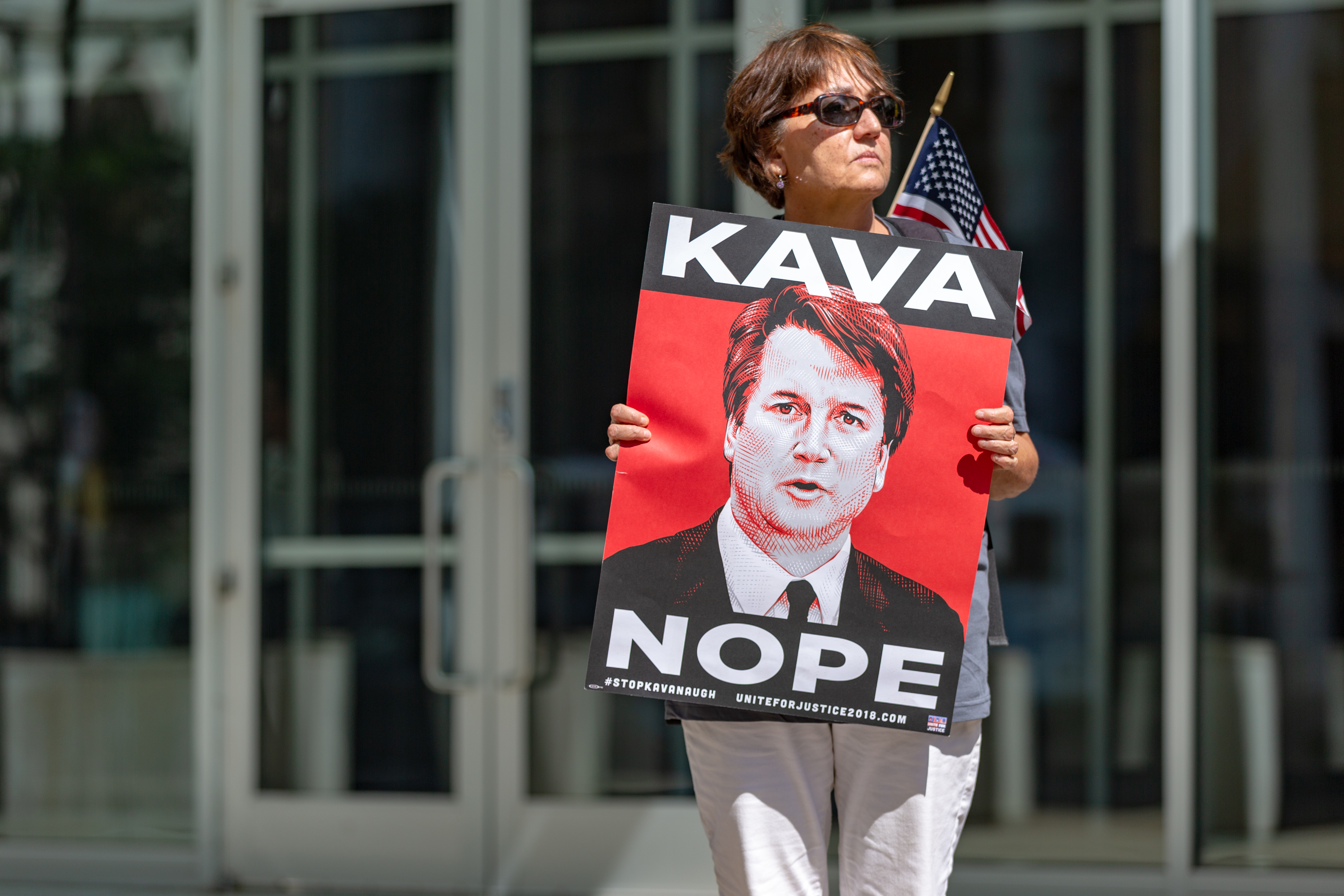The idea that we are held accountable for our actions is not a new concept. It’s been grafted into children and teenagers by their parents, teachers, mentors and leaders. While it is not a new or radical idea, it certainly does not stop young people, or even older people for that matter, from making mistakes. Yet, it is through our mistakes that we learn the valuable lessons that cannot be obtained from reading a textbook or listening to a lecture; the lessons that can only be attained through experience. The exact extent to which this philosophy is applied in the real world varies greatly, and thanks to mass media, it has been made quite clear that in today’s society race, gender, and social status greatly affect the consequences of our actions.
Oftentimes the punishment does not fit the crime, nor is it applied equally to all perpetrators of the crime. Racial disparities in the enforcement of drug laws, for example, see higher arrest rates for African-Americans than whites.This idea that privilege, rather than the individual action, has a far greater influence on consequences is an unpopular idea, but an important one to consider in relation to Brett Kavanaugh’s nomination regarding the most recent accusations of his sexually assaulting three girls in his high school and college years.
Kavanaugh is the epitome of the privileged, preppy, All-American white male who comes from a respectable background and holds an equally respectable career. After all, how could a Yale graduate with a clean-cut appearance have been the arrogant, misogynist football player that his accusers have depicted him to be? To his supporters, even the mere conception of this is simply illogical, putting Kavanaugh’s victims under sharp criticism. This reaction from his supporters is a perfect example of Kavanaugh’s privilege as a white, educated male, and it brings up an important question: do actions that went unchallenged in the past have consequences in the future?
As a teenager, I have always been told to be careful about what I post online because college admissions officers and potential job employers will find a way to discover my online persona, and therefore my actions in the past could have a direct consequence on my future. Even if it was something seemingly menial or long forgotten, potential employers won’t think that way, and my past life as displayed on social media could negatively affect my job prospects. Outside of social media, the same philosophy applies. Work hard in high school so you can have a secure future. If you slip up, then this future could be ruined. Clearly, these rules did not apply to Kavanaugh: his illegal drinking and partying, along with the more serious revelations of his misogynistic actions and possible sexual assault, had no effect on his admittance to Yale or his successful career in law. So how could we, as a society, have let this happen?
An important reality comes to light amidst these questions— we, as humans, tend to trust and respect the people who we see as worthy of our respect— those who are polite, come from good families, and have respectable jobs— whether or not they actually deserve it. It is a natural inclination of human beings to base our trust and respect on first impressions, but this is oftentimes misleading, discriminatory, and even dangerous. After all, supporters of Kavanaugh’s nomination don’t think of him as someone accused of sexual assault about to be promoted to the highest court of the land. They think of him as the face they saw on television, the face carefully polished by privilege, making him appear as a fair and impartial judge. It is important to realize that people are defined by multiple characteristics and these characteristics are often contradictory and controversial- but not impossible. Without this open mindset, we are inhibited from justly convicting someone and assigning consequences to their actions. Instead, we should keep an open mind, and realize that people consist of multiple sides and personas, and use this knowledge to enact the proper consequences for people’s actions and ensure that the appropriate consequences follow their related actions.
But how do we ensure, with this mindset, that the right people are appointed to high positions of political power? And how do we ensure that people about to be appointed to these positions have met these appropriate consequences? Kavanaugh’s future, after all, directly lies in the hands of politicians, not general society. The answer is, of course, to vote. Midterm elections are this November, and it is the best way to make sure that everyone faces appropriate consequences to their actions, and that white, privileged men are not exempt from this. Most importantly, take time to get to know each candidate and their history, instead of relying solely on first impressions. Brett Kavanaugh is a perfect example of why first impressions can be deceiving. It might be too late for Kavanaugh to face his consequences, but it’s not too late for everyone else.

Leave a Reply
You must be logged in to post a comment.